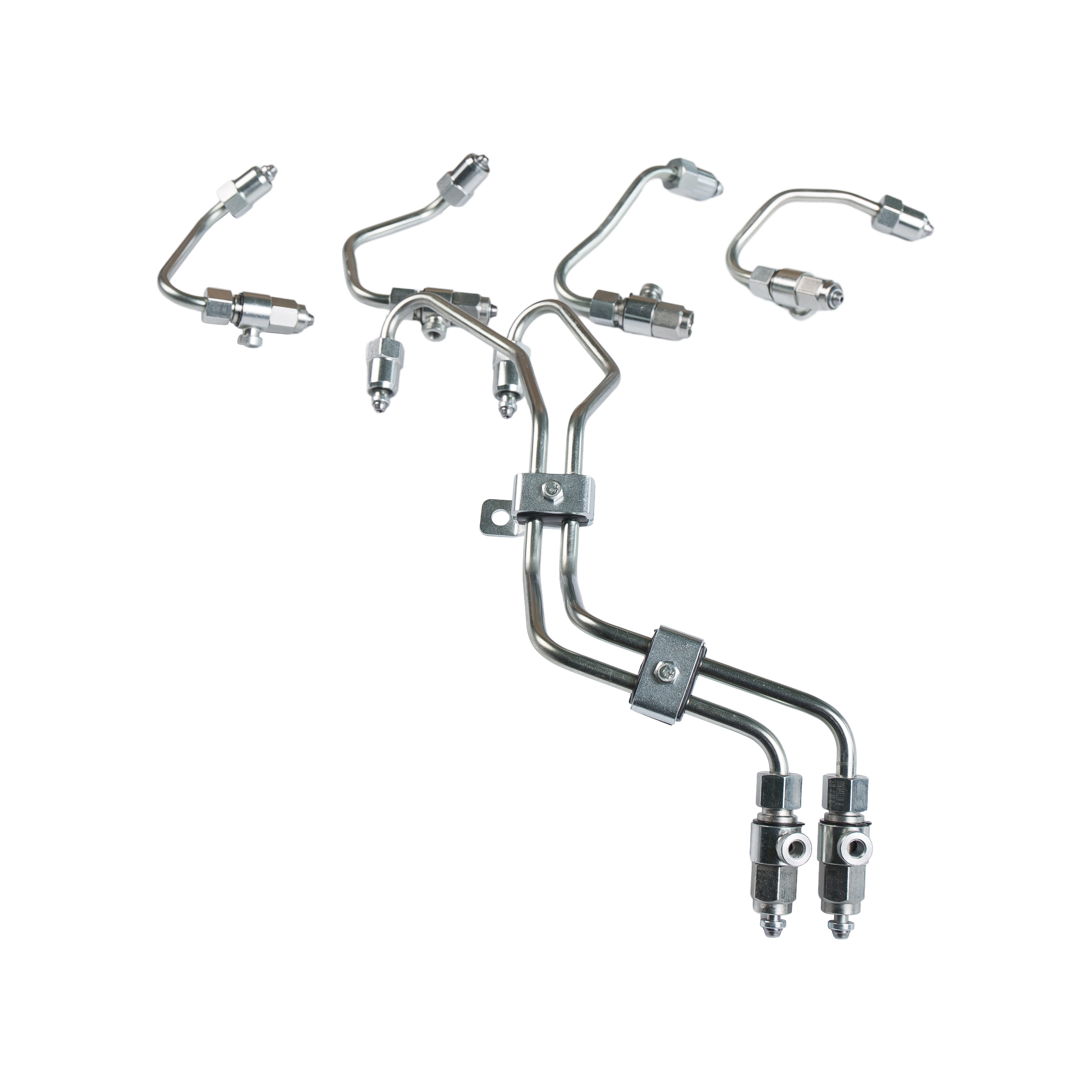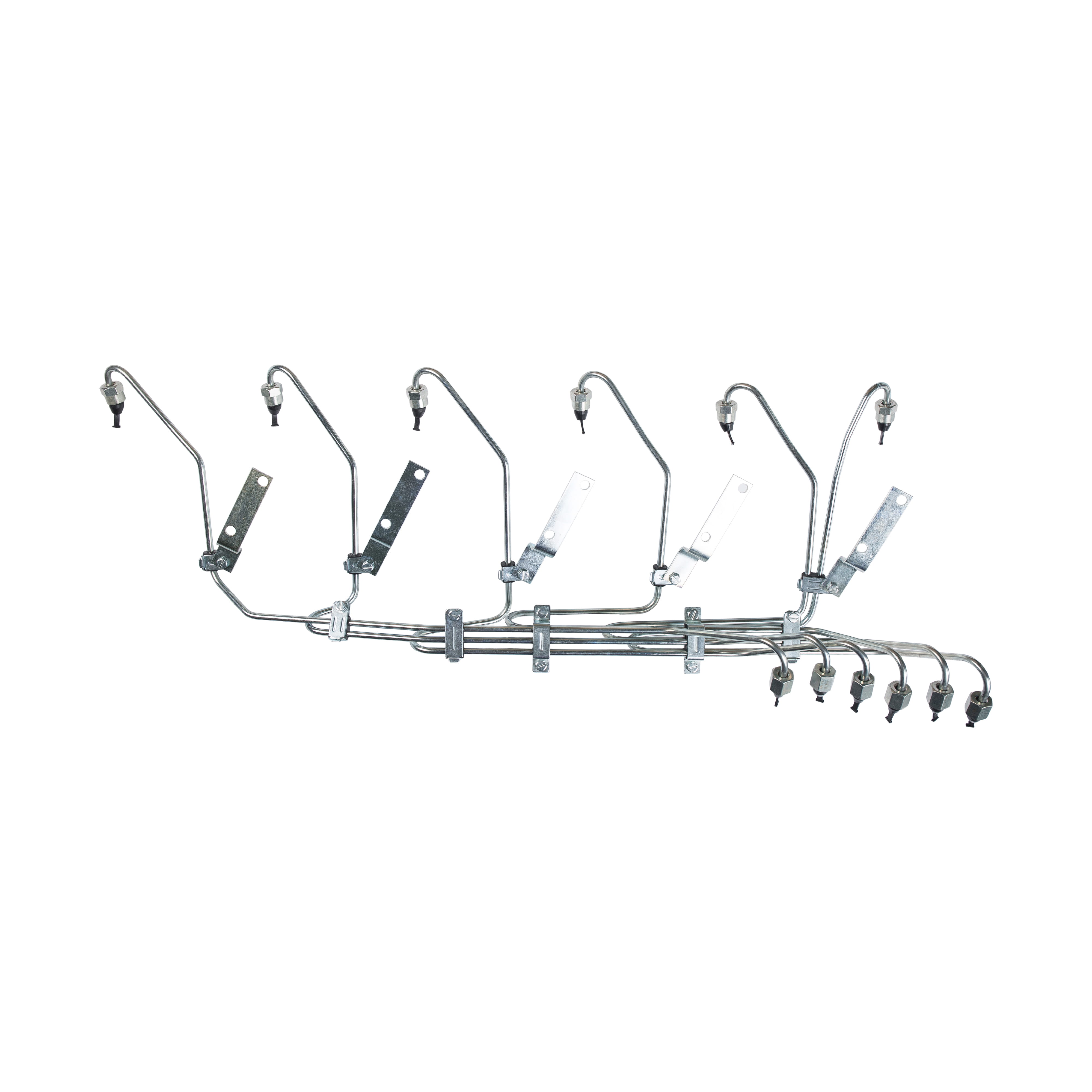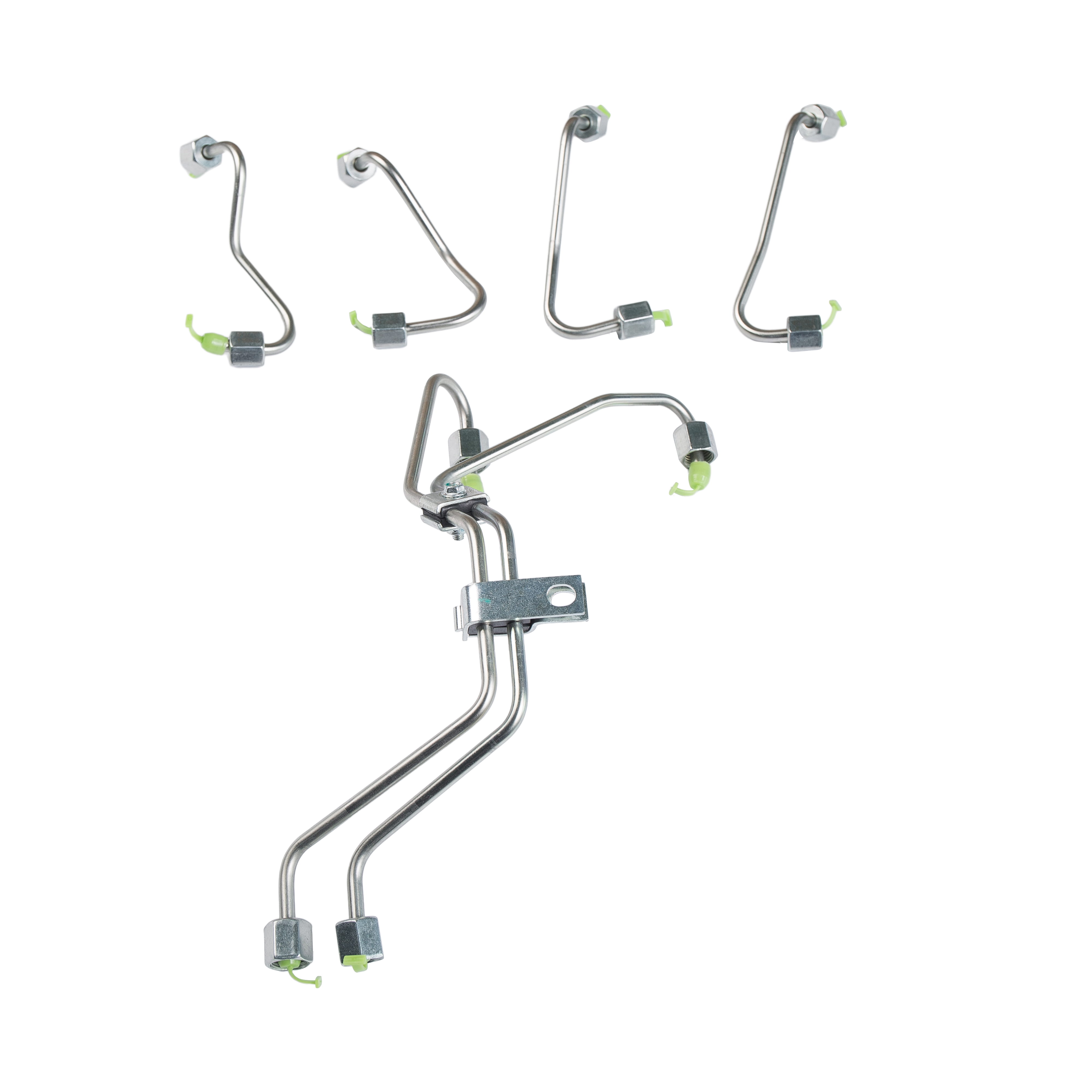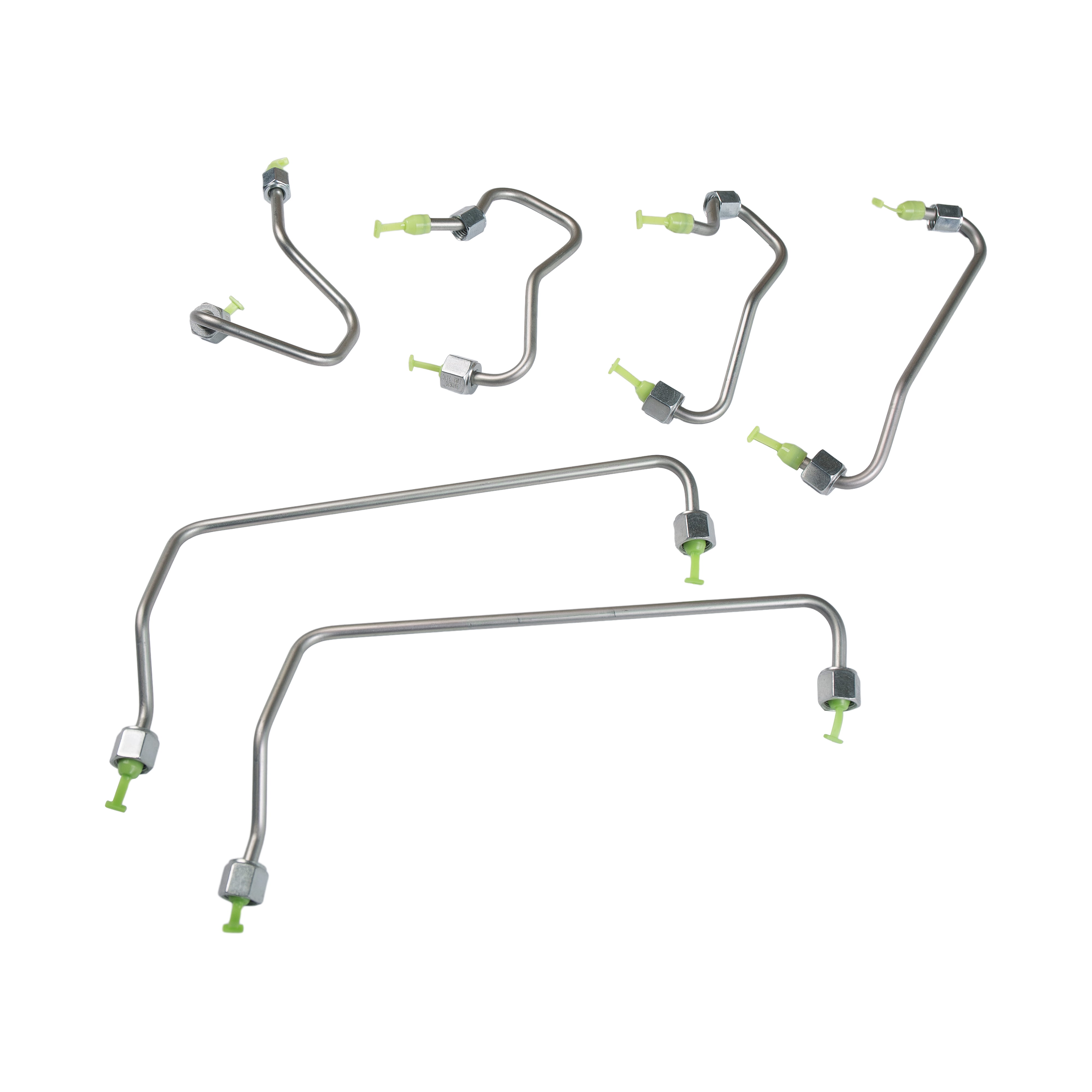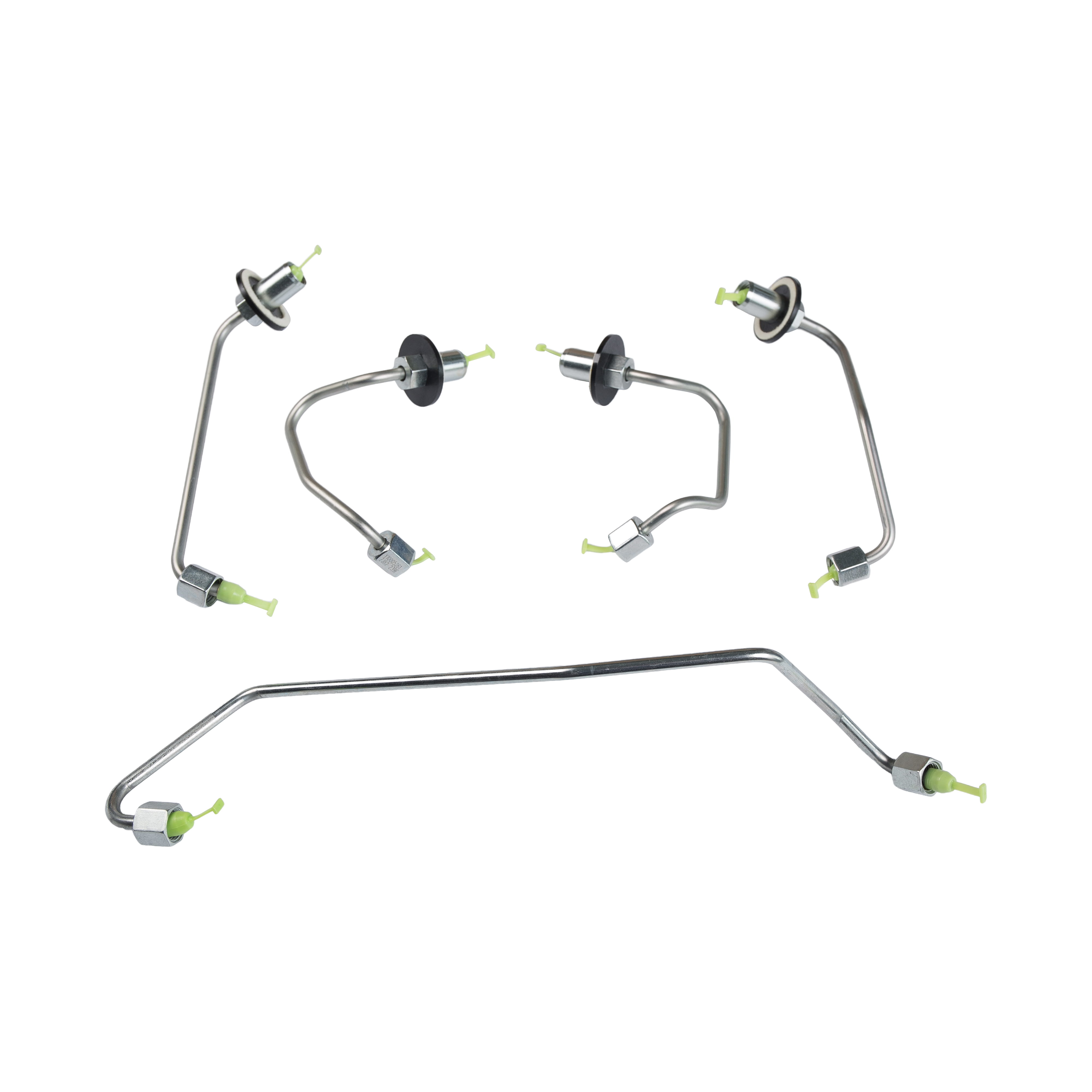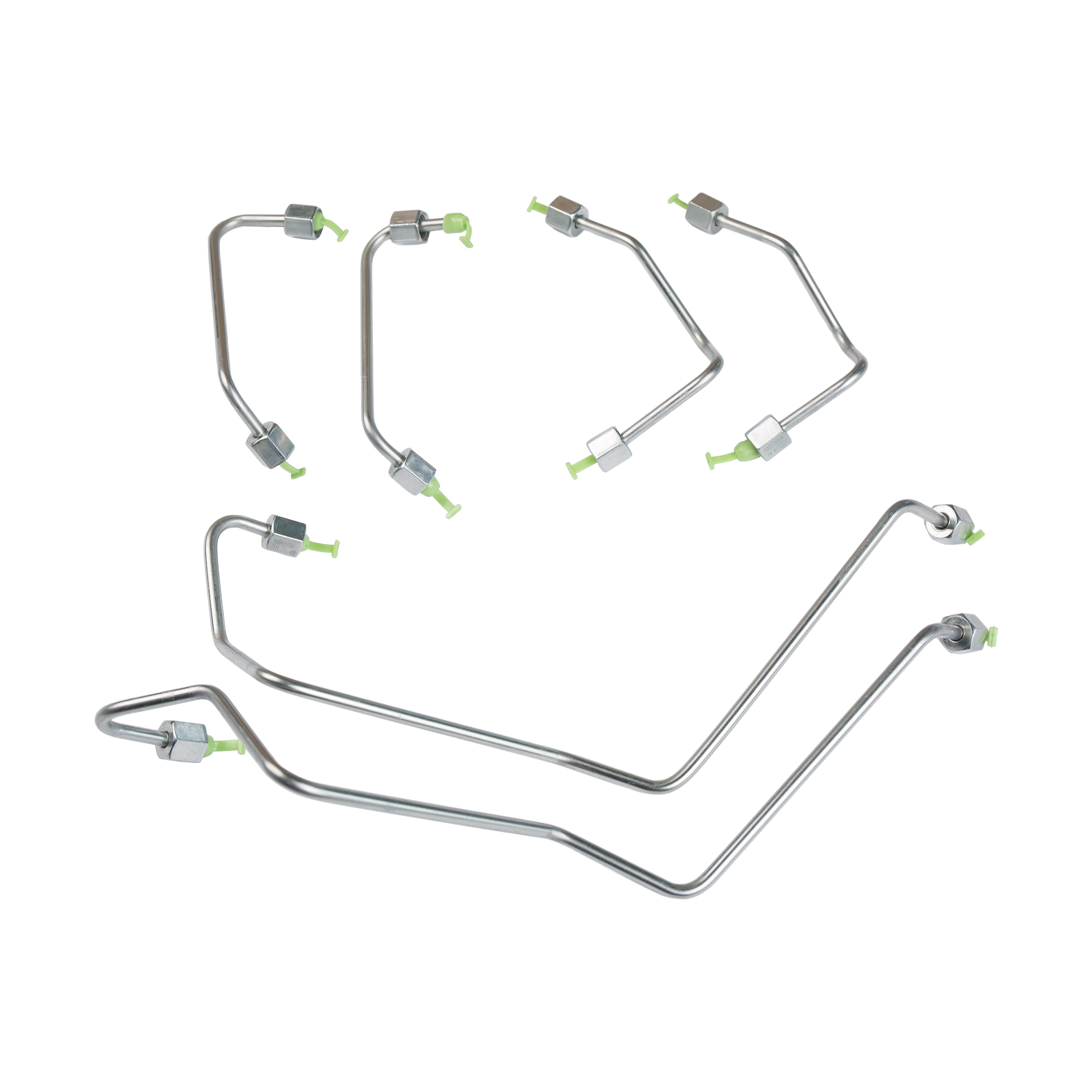Introduction to Low-Pressure PTFE Engine Oil Pipes
Low-pressure PTFE (polytetrafluoroethylene) engine oil pipes are designed to withstand high temperatures, resist chemical corrosion, and maintain durability over long periods. These pipes are widely used in automotive applications where reliability and safety are paramount. Selecting the right car models for PTFE oil pipes ensures optimal performance and longevity of the engine.
Advantages of Low-Pressure PTFE Oil Pipes
Understanding the advantages of PTFE oil pipes helps determine which vehicles can benefit most from their use.
High Temperature Resistance
PTFE pipes can tolerate continuous temperatures up to 260°C, making them suitable for engines that operate at higher thermal loads. This property reduces the risk of pipe degradation and oil leakage in high-performance vehicles.
Chemical and Corrosion Resistance
PTFE is highly resistant to automotive fluids including engine oil, coolant, and fuel additives. Vehicles that use synthetic or high-performance oils benefit from PTFE pipes as they maintain integrity under chemical stress.
Durability and Flexibility
Low-pressure PTFE oil pipes offer both flexibility and strength. They can be routed in tight engine compartments without kinking while maintaining long-term durability.
Suitable Car Types for Low-Pressure PTFE Oil Pipes
Not all vehicles require PTFE oil pipes. They are particularly beneficial in cars that experience higher operational demands or where reliability is critical.
High-Performance Sports Cars
Sports cars often operate under high RPM and elevated temperatures. Low-pressure PTFE pipes ensure consistent oil flow, prevent leaks, and maintain engine reliability during extreme driving conditions.
Luxury and Premium Vehicles
Luxury cars often use synthetic oils and sophisticated engine designs. PTFE pipes protect against chemical degradation and offer long-term durability, matching the high standards of premium automotive engineering.
Off-Road and Utility Vehicles
Off-road vehicles encounter harsh conditions including vibrations, dust, and high engine loads. Low-pressure PTFE pipes resist wear, maintain oil integrity, and withstand mechanical stress.
Modified or Tuned Vehicles
Car enthusiasts often upgrade engines for higher performance. PTFE oil pipes are ideal for modified engines as they tolerate higher temperatures and synthetic fluids, ensuring safe operation under increased stress.
Comparison Table: PTFE Oil Pipes vs. Traditional Rubber Oil Pipes
| Feature | PTFE Oil Pipe | Rubber Oil Pipe | Benefit |
| Temperature Resistance | Up to 260°C | Up to 120°C | Better for high-performance engines |
| Chemical Resistance | Excellent | Moderate | Resists synthetic oils and additives |
| Flexibility | High | Medium | Easier installation in tight spaces |
| Durability | Long-term | Moderate | Less frequent replacements required |
| Cost | Higher | Lower | Investment in performance and reliability |
Installation Considerations for PTFE Oil Pipes
Proper installation is crucial to maximize the benefits of PTFE oil pipes. Key factors include ensuring correct routing, avoiding sharp bends, and using compatible fittings to prevent leaks. Vehicles with compact engine bays may require customized lengths and connectors for optimal fit.
Use with Synthetic Oils
PTFE pipes perform best with synthetic oils, which complement the chemical resistance and temperature tolerance of the material. This combination ensures long-term engine protection.
Regular Inspection
Even with durable PTFE pipes, regular inspection for wear, loose fittings, or oil residue ensures continued reliability and prevents potential engine issues.
Conclusion
Low-pressure PTFE engine oil pipes are suitable for a variety of vehicles, including high-performance sports cars, luxury vehicles, off-road utility vehicles, and modified cars. Their high temperature resistance, chemical durability, and flexibility provide superior protection compared to traditional rubber hoses. Selecting the right models and ensuring proper installation maximizes the benefits of PTFE oil pipes, enhancing engine reliability, performance, and longevity.

 English
English Español
Español русский
русский